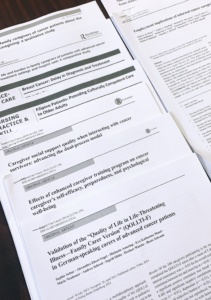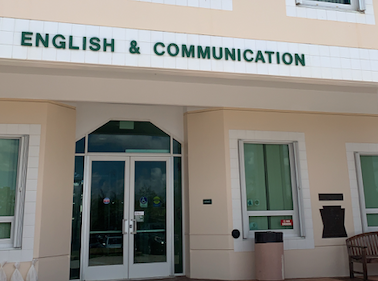Budget cuts, limited funding, and a lack in communication are just a few barriers that we face, as students, throughout our experiences at the university. As students, we go through certain obstacles as simple as having “limited resources.”

Photo Courtesy of: Jaret Castro
With the rise of technology, students and faculty are adapting to the digital age and e-learning, which is great environmentally. However, decreasing our paper usage to “save money” because of “budget cuts” and without “filling the void” with good internet connection, electronic resources for students without electronic devices has allowed for extremely negative impact.
First, CLASS shouldn’t be limiting faculty on printing for budget cuts and environmental issues until the University of Guam, as a whole, is capable and willing to accomodate students, faculty, and staff with the needed tools to create a positive learning and teaching environment. By limiting staff and faculty on printing without filling the void is extremely crucial and highly unacceptable without taking precaution within a timely manner.
When implementing any new policy at UOG, I find it highly important to notify faculty, staff, and students. During the first week of classes, two of my professors were unaware of the limited printing policy that was being introduced and forced during the Spring semester, and they both used a hefty amount of their “prints” to provide their classes with syllabi. Without receiving a notice or an introduction of the new policy, my classmates and I, have had to refer to “e-learning” tactics to keep up with our courses, in fact, we are thinking of using other printing alternatives from MyCreativeShop.
Loren Magante is a University of Guam alumni who graduated from UOG in Spring 2018 with a degree in bBusiness aAdministration said she and a concentration in Marketing. Magante has went through her entire college career mainly working off of eBooks and digital files. She has shared that her experience working mainly off of an electronic device was both challenging and convenient.
Magante shared, “for the most part I used my computer for eBooks throughout my time at SBPA and during my general education courses, but it was really challenging and inconvenient when the wifi connection wouldn’t work. I couldn’t even log into the guest wifi sometimes.” By limiting printing within CLASS, we’ve had to form some new habits to aid in a better learning experience. We’ve been putting into practice the method of instructors presenting an assignment on the board and we, the students, providing a written copy during class, which really isn’t efficient. Our instructor had to take this course of action, of having everyone turn in a written assignment, because of her limited printing within CLASS and also because of the poor wifi connection.
Students with limited to absolutely no access to electronic devices, like tablets and laptops, are going to face extremely big problems with the recently enforced printing policy. With instructors turning to digitizing most course work throughout the semester, it will be extremely challenging for students without electronic devices to execute their assignments within a timely manner, due to a limited schedule for the student lab.
CLASS going paperless could be extremely successful and beneficial to the earth and the University. However, with the lack of resources that the University is willing to provide and implement, like providing electronic devices as a part of our tuition payments, extending our student resource center hours, or providing excellent internet connections, CLASS and the overall University isn’t ready to go paperless.
The department college needs to figure out a way to fill the gap that is now caused by the new policy.

